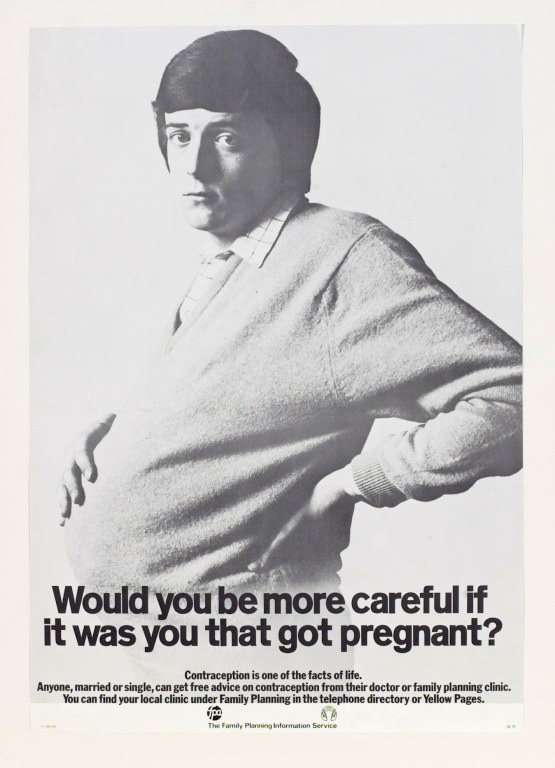The Pill first drove free love and then the free market. Being able to delay pregnancy made it possible for women to pursue previously unavailable educational and professional opportunities. But ever since birth control became readily accessible in 1960, one unfair question has persisted: Can they have it all? Fact is, no one can have it all. A male CEO with children probably isn’t spending as much time with them as is necessary. Everyone who wants a work life and a family life juggles and balances, not just women.
In a New York Review of Books piece about Alison Wolf’s The XX Factor, Marcia Angell writes about an unintended consequence of women moving primarily from the community into the workforce:
“But there is something more serious these couples are giving up—civic engagement—and Wolf has a chapter on that, called ‘Something to Regret?’ ‘Earlier generations of educated women,’ she writes, ‘worked largely in schools, or volunteered in the community, because little else was on offer.’ They were the social and political activists. Now paid employment has largely displaced volunteering in the community. Moreover, many ambitious women no longer become teachers, except at the college level, because the pay and prestige are greater in other professions. Wolf quotes from an interview with sociologist and political scientist Theda Skocpol: ‘Women were the ones who stood up for welfare, and made the case for the public good, for everyone. Now it’s all so narrow.’
Obviously, we can’t and shouldn’t return to a time when women were expected to tend to the needs and welfare of the community gratis because they had no other options and no one else would do it. But we do need to modify the cult of overwork, in child rearing as well as in careers, to make room for highly educated women and their husbands to be more active citizens. In particular, I wish upper-middle-class women were stronger advocates for the rights of less privileged women, both in their own country and abroad.”

